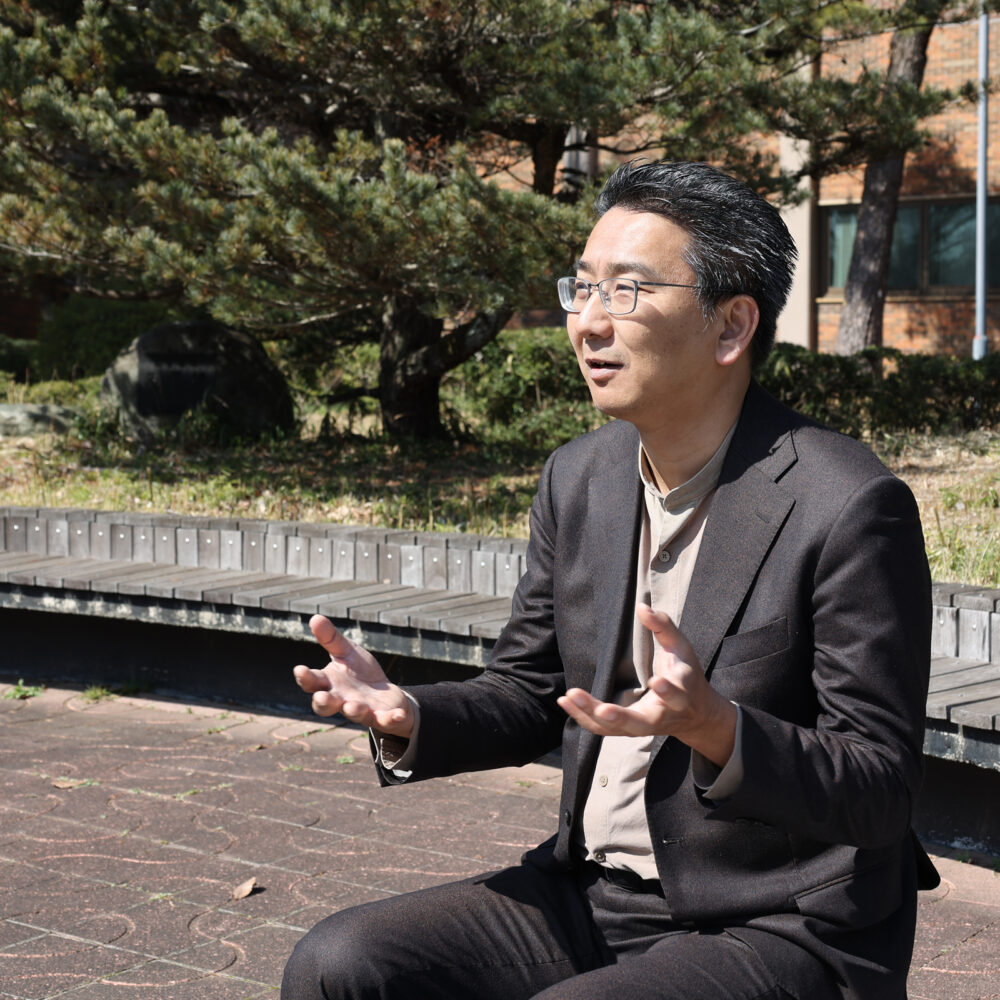
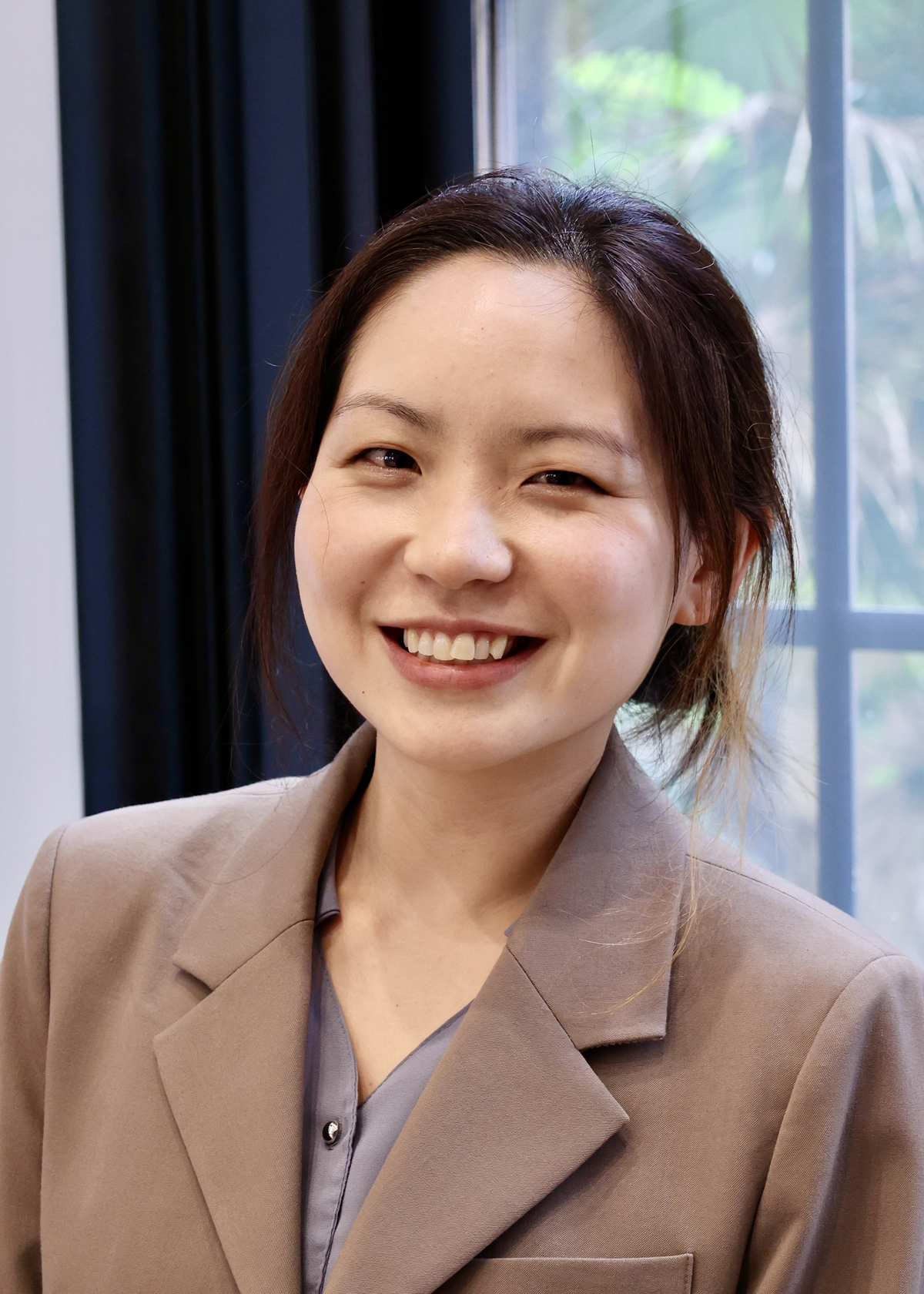
I am a Yangon Citizen Living in Tokyo: Interview with Journalist Yuki Kitazumi
Interviewer and writer: Jeong Minhee
(Doctoral student, Graduate School of Law, Hitotsubashi University)
June 28, 2024
*This article was written based on the interview conducted on March 11, 2024.
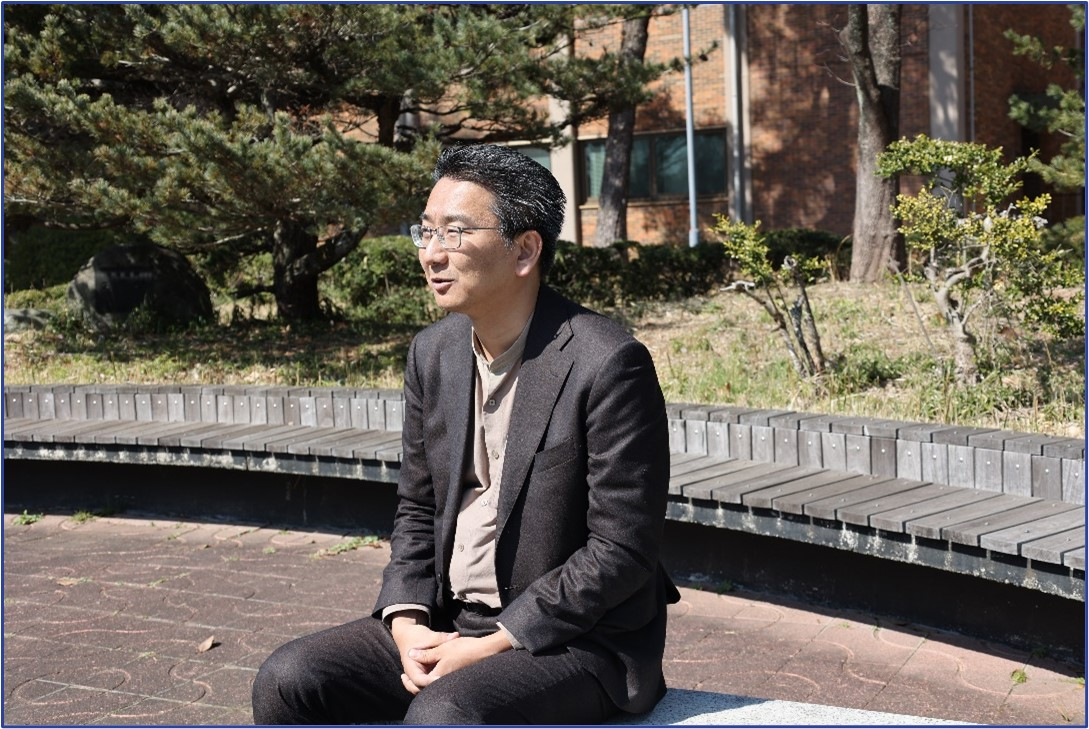 Tokyo, for Yuki Kitazumi, feels like a foreign land. The sense of living an ordinary life is what is missing for him these days in Tokyo. He had led a fulfilling life working with Myanmar people in Yangon before the coup.
Tokyo, for Yuki Kitazumi, feels like a foreign land. The sense of living an ordinary life is what is missing for him these days in Tokyo. He had led a fulfilling life working with Myanmar people in Yangon before the coup.
In 2021, however, his colleagues were imprisoned or scattered to other cities. Some are likely never to see him again. Mr. Kitazumi himself was imprisoned twice by the military junta. He was released earlier than his colleagues, but was forced to return home without a livelihood. Coming back to Tokyo, so different from Yangon, he could not help but feel a sense of discomfort.
Roughly a decade ago, he had decided to stay in Yangon a little longer. At that time, he was working as a journalist at the Nikkei Shimbun, focusing on the social and educational fields. He recalls that he was “someone standing close to the ring, but never fighting directly.” After witnessing uncountable and indescribable fights, he gradually came to hope to “fight in the ring” himself. He quit his job and took up the challenge of throwing himself into the field of education first, but later decided to return to news reporting.
Around 2014, after traveling to different countries searching for his stage, he stayed in Myanmar. He was interested in whether elections would be held. He worked there for about a year doing editorial-related work, took two semesters of Myanmar language courses at the University of Yangon, and then set up a small company in his living space.
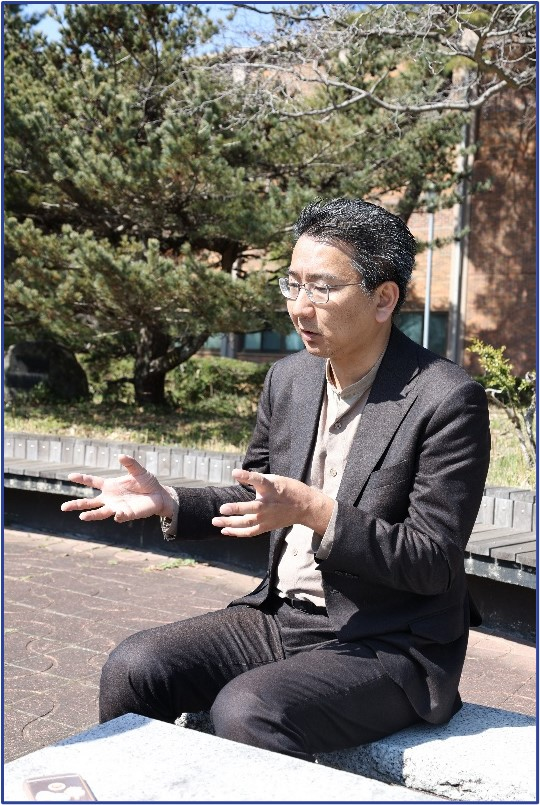 He said that, at first, it was hard to get accustomed to the vivacity of the Myanmar people as they took each step toward democracy, as well as their remarkable kindness. “When I left my phone in the cab and got out, the driver went out of his way to come back and ask people to look for a foreigner who forgot his phone.” It took some time for him to understand that the act of casual helpfulness was a natural concept for Myanmar people, but Mr. Kitazumi gradually opened up to them.
He said that, at first, it was hard to get accustomed to the vivacity of the Myanmar people as they took each step toward democracy, as well as their remarkable kindness. “When I left my phone in the cab and got out, the driver went out of his way to come back and ask people to look for a foreigner who forgot his phone.” It took some time for him to understand that the act of casual helpfulness was a natural concept for Myanmar people, but Mr. Kitazumi gradually opened up to them.
As the younger generation in Myanmar freely spoke out in the film industry, he wanted to support them in more specific and explicit ways. He made a short comedy film about the rice noodle and fish soup known as Mohinga, a dish too close to the lives of the local people to attract attention. The film featured a character who fights the dictatorship by making and selling delicious Mohinga. His film won a prize at the film festival in New York, and its script was used as educational material for the Japanese and Burmese languages. He supported the dream of the Myanmar people to move towards democracy in Yangon by making effective use of his skills.
Recently, Mr. Kitazumi made a visit to Thailand. He had received cameras and cards from across Japan, with messages of encouragement for the Myanmar people. He delivered them to those who are in Thailand, along with a translation of the messages. Every time he met journalists exhausted by the solitary struggle and told them of people who were thinking of them, he too felt his soul relieved. After a stay of several weeks in Thailand he returned to Japan, which is where I interviewed him.
Mr. Kitazumi could not stay silent as people forgot Myanmar’s story. He had the skills to make the story visible to the public eyes. He filmed a short movie replete with Myanmar people’s joy, stumbling, loss, hope, and last moments with beloved ones. He subtitled the video in Japanese and English, and then began posting it on the online platform Docu Athan.
No one knows for sure when peace will come to Myanmar. Anticipating a return to Yangon soon after the situation is settled, he has not been enthusiastic to take on a long-term commitment in Tokyo. Nonetheless, he feels a need for connection with the place where his heart is. He made a small platform where he could contact local people who encouraged him, and colleagues who could no longer work together. There he feels he breathes in and out, and regains the rhythm of life.
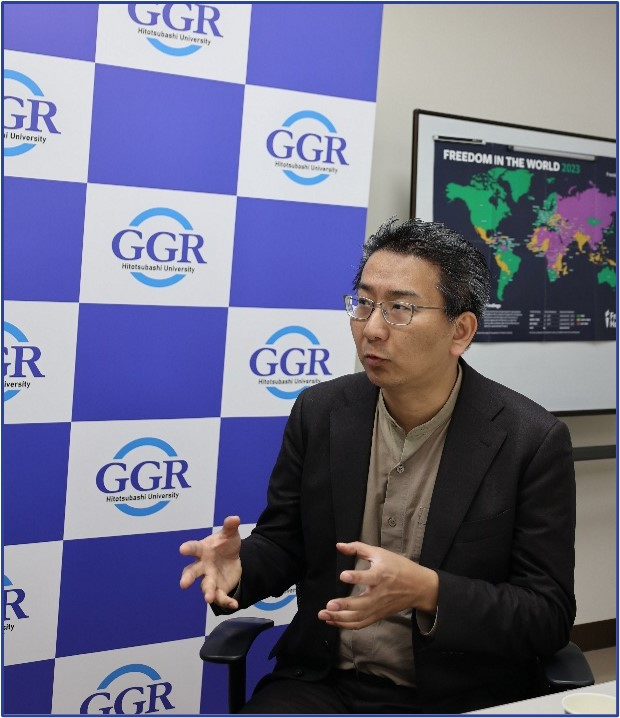 In downtown Tokyo, he stares at people who want to go home but cannot. As he views the volunteers collecting donations for Myanmar, Mr. Kitazumi thinks about what they do not give voice to such as what happens after the fundraising? How much hard work will be required before the money is safely delivered? In many cases, people involved in the process make great efforts, which often go unacknowledged. Still, he was impressed by those who recognized their efforts. He recollected a short conversation between a mother and her daughter of around eight years old, who tried to donate.
In downtown Tokyo, he stares at people who want to go home but cannot. As he views the volunteers collecting donations for Myanmar, Mr. Kitazumi thinks about what they do not give voice to such as what happens after the fundraising? How much hard work will be required before the money is safely delivered? In many cases, people involved in the process make great efforts, which often go unacknowledged. Still, he was impressed by those who recognized their efforts. He recollected a short conversation between a mother and her daughter of around eight years old, who tried to donate.
“Do you want to donate? I’m not sure if the donation is legit.”
“Mom, they’re surely gonna deliver the money. Cause they’re trying their hardest to speak up.”
He can understand the cautious reaction of his friends who sometimes ask if the donation is authentic. Mr. Kitazumi, however, said that he wants more people to know the feelings of those who continue their activities despite the knowledge of how hard it is to deliver something to the destination. He says:
“People in Myanmar grow up from a very young age voluntarily speaking out and collecting money for those in need. They know that they need someone to hand over the money when they finish raising it, and that the process can be challenging. Finding a trustworthy person is not easy, and the process involved is costly. It is not that easy, and depending on the organization’s activities, donations may fail. Even knowing such a process, people in Myanmar still donate. Say, when you go to a certain restaurant and pay 1,000 yen for a chicken curry, but you might feel it is less delicious than you expected. Even so, you decide to go to the restaurant again just because the waiter is kind. I hope the same thing will happen with donations. It’s okay to decide to donate 1,000 yen because that person is working hard and speaking up.”
When he left the Insein Prison, he made a promise to those who remained there. They said goodbye with the following words: “If we are released and this country is still under a dictatorship, people will not be able to speak freely, and we will have to go back to prison. But your country is different. You should go back and tell people what is happening in Myanmar; tell our story on our behalf.”
We closed the interview hoping for the day when peace comes to Myanmar and Mr. Yuki Kitazumi can return to Yangon.
*This article is titled after Ryun-hee Kim‘s book, I am a Pyeongyang citizen living in Daegu (Originally 나는 대구에 사는 평양시민입니다).
【Translated by】
Nakajima Takahiro (Master’s student, Graduate School of Law, Hitotsubashi University)
Yuki Kitazumi is a journalist and co-founder of Docu Athan, a platform supporting Myanmar journalists. He was born in Tokyo in 1975. After his job at Nihon Keizai Shimbun, he moved to Yangon in 2014. In 2021, he was detained twice in Yangon.
